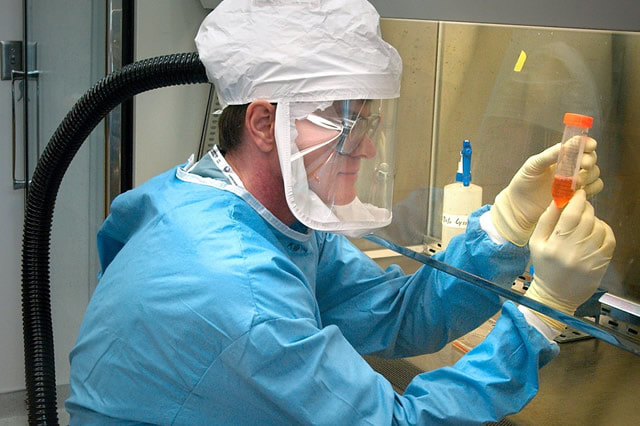Proper Eye Protection for Sports & Recreational ActivitiesWhether your child is an elite athlete or has fun playing intramural or club sports, you know it is important your child uses the proper gear. In addition to the right athletic shoes, pads, and helmets, your child also needs the right eye protection to protect his or her eyes. Eye injuries from sports such as lacrosse, baseball, and basketball are not uncommon. Fortunately, according to the American Academy of Ophthalmology, using the right protective eyewear can prevent about 90 percent of sports related eye injuries. Please keep in mind that if a sport your child is participating in does not require the use of a face guard or helmet, it does not mean your child’s eyes are protected. Serious eye injuries can occur from pokes and jabs from an opponent’s finger or a flailing elbow from another player. The American Academy of Ophthalmology recommends wearing protective eyewear with polycarbonate lenses, which are made with an impact-resistant material. Make sure your child’s eye protection meets the impact standards set by the American Standards for Testing Materials, as shattered eyewear can also lead to serious eye injuries. If your college age child is a swimmer, make sure he or she has well-fitting, comfortable swim goggles that do not leak. Chemicals used to treat swimming pools can be irritating to the eyes, and bacteria found in water can cause eye infections. Remember, proper eye protection is not only necessary in competitive sports, but also in some recreational activities. For example, if your college student plays paintball, eye protection is a must. Paintball guns can propel pellets at approximately 180 mph, which can do serious, vision-threatening damage if one hits an eye. Your child should wear a head shield, which combines protection for the eyes, ears, and head, at all times when on the playing area, even if the game has not started yet. Eye Protection in the ClassroomEye injuries can happen just as easily indoors in the classroom as they can outdoors on the playing field. Injuries are also possible during science labs and other classes. Your child’s eyes can be injured from chemicals, flying particles, sparks, and other hazards. Using the proper eye protection in the classroom can decrease the chances of injury. Depending on the classes your child is taking, he or she may need to use eye protection. Students should consider the following eyewear protection:
Please remember and remind your child that a face shield is not the same thing as protective eyewear. In other words, your child should not substitute proper safety or splash goggles with a face shield. Remind your child that if he or she does have a chemical splash in the eye(s) while working in the lab, he or she should go to the nearest eye wash station immediately and irrigate the eye(s) for at least 15 minutes. Protecting the Eyes OutdoorsWhether your child is spending time at the beach or the slopes, he or she needs to protect his or her eyes from ultraviolet rays (UV) from the sun. UV rays can lead to both short and long-term eye damage. Remind your child that although certain glasses may look great, they may not provide enough UV protection. Look for lenses that have a tag that indicates the glasses provide 100 percent UV-ray protection. Wraparound glasses are a great option since they prevent the sun from entering from the sides.
Protection from UV rays may not be something your child thinks about in the winter months, but sun damage can occur at any time of the year. Sun reflecting off the snow can be particularly harsh. If your child is a skier or snowboarder, make sure he or she understands the need to wear sunglasses or goggles with UV protection. As your child grows up, goes off to school, and becomes more independent, it does not mean your worrying about his or her health, safety, and wellbeing stops. We hope that by using the suggestions above though, eye injuries are one less thing you should have to worry about this school year. Of course, accidents happen. If your child does sustain an eye injury, he or she should see an eye doctor right away. If you have any questions about your child’s eye health or safety or you would like to schedule an appointment with one of our ophthalmologists, please call our office at 508-746-8600. September is Healthy Aging Month. Stay tuned for our upcoming posts on how to ensure your eyes age healthily too! Comments are closed.
|
EYE HEALTH BLOGCategories
All
Archives
July 2024
|
|
Kadrmas Eye Care New England
55 Commerce Way, Plymouth, MA 02360
14 Tobey Road, Wareham, MA 02571 133 Falmouth Road (Rt 28), Mashpee, MA 02649 |
Phone Number:
1-508-746-8600 Hours: Monday through Friday — 8 AM – 4:30 PM |


 RSS Feed
RSS Feed
